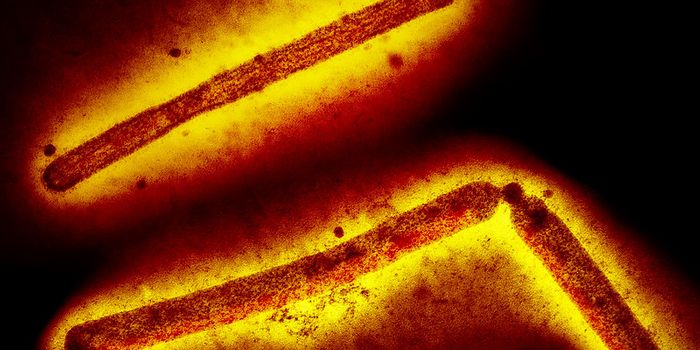Trial Underway for Alzheimer's Vaccine
Almost twenty years ago, researchers at the Ann Romney Center at Brigham and Women’s Hospital began researching the possibility of a nasal vaccine to prevent Alzheimer’s disease. “It’s never been done before,” said Dr. Weiner, co-director of the Ann Romney Center.
During these twenty years, the researchers established that there is potential for a safe, effective nasal Alzheimer’s disease vaccine. Clinical trials in humans are now beginning with the hopes of showing that the vaccine can slow or halt the onset of Alzheimer’s symptoms. The trial will begin with two doses of the vaccine given to 16 participants, all of whom have early stages of Alzheimer’s disease.
All patients enrolled in the trial have received PET scans showing the presence of amyloids in the brain. One of the hallmarks of Alzheimer’s disease is a buildup of plaque in the brain, which is accompanied by symptoms of memory loss, confusion, and mental decline. This plaque is made up of clumps of beta-amyloid and tau protein tangles, which are thought to disrupt the communication between nerve cells in the brain.
The nasal vaccine being tested by the researchers at Brigham and Women’s Hospital targets the buildup of beta-amyloid protein plaques and subsequent tau tangles. The vaccine contains Protollin, which is made up of proteins derived from the outer membrane of bacteria. It works by triggering the immune system to clear the amyloid-beta plaques and tau tangles from the brain.
Prior to this initial clinical trial, the drug was tested extensively in mice. In mice, nasal administration of Protollin was shown to activate cells called microglia, which are a type of immune cell in the brain. Protollin was successful in preventing the accumulation of beta-amyloid plaques in mice.
“The immune system plays a very important role in all neurologic diseases,” said Dr. Weiner. “And it’s exciting that after 20 years of preclinical work, we can finally take a key step forward toward clinical translation and conduct this landmark first human trial.”
Sources: Brigham and Women’s Hospital, International Journal of Biological Macromolecules








